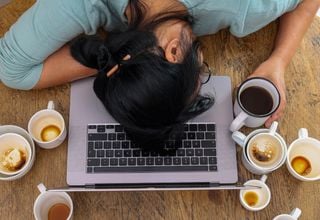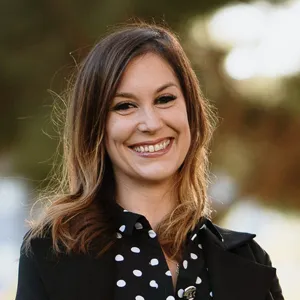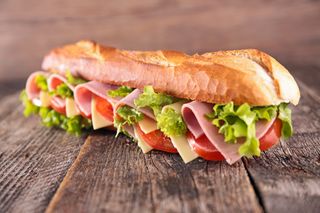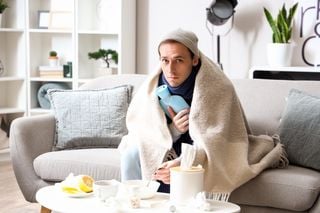
More than 22 million people drink at least one cup of coffee a day, about 4 kilos of coffee per person per year. This is not counting those who take it decaffeinated. Is it true that it does not have any caffeine?

Graduated in Pharmacy with specialisation in R+D+i and Industry, and with a master´s degree in biotechnology, innovation and food safety. She has been working for 10 years in the food industry, both in the quality department, as director of R + D + i and currently as technical director, having training as an auditor in BRC, IFS, ISO 22000 and ISO 9001.
She is an associate professor in the Degree in Nutrition and Dietetics at the Miguel de Cervantes European University in the topics of Food Legislation and Food Policy.
She is also a member of the teaching team in the Master´s in Biotechnology, Innovation and Food Safety and in the Specialised University Course in Industrial Kitchen.
Among her informative activities are the collaboration with the scientific dissemination platforms: Naukas, Desgranando Ciencia, Salud sin Bulos, as well as in different written press media such as Atresmedia and Revista Mía. She has appeared on radio with a section on food and food security on Radio Nacional de España in the program Gente Despierta and television on TV CyL 8 within the program “Vamos a ver”.
She is the author of the book "No comemos como antes, y menos mal" (We don´t eat like before, and luckily") by Ed. Paidós.

More than 22 million people drink at least one cup of coffee a day, about 4 kilos of coffee per person per year. This is not counting those who take it decaffeinated. Is it true that it does not have any caffeine?

You prepare a sandwich, you even put whole wheat bread and a little lettuce on it, for whatever reason they say, and wham, it ends up on the floor. Nobody sees you, you blow a little and you eat. What does science tell you about this?

We were warned that SARS-COV-2 was here to stay and that implies that it adds to the respiratory viruses that we already lived with before: flu, RSV or all those that cause a cold.